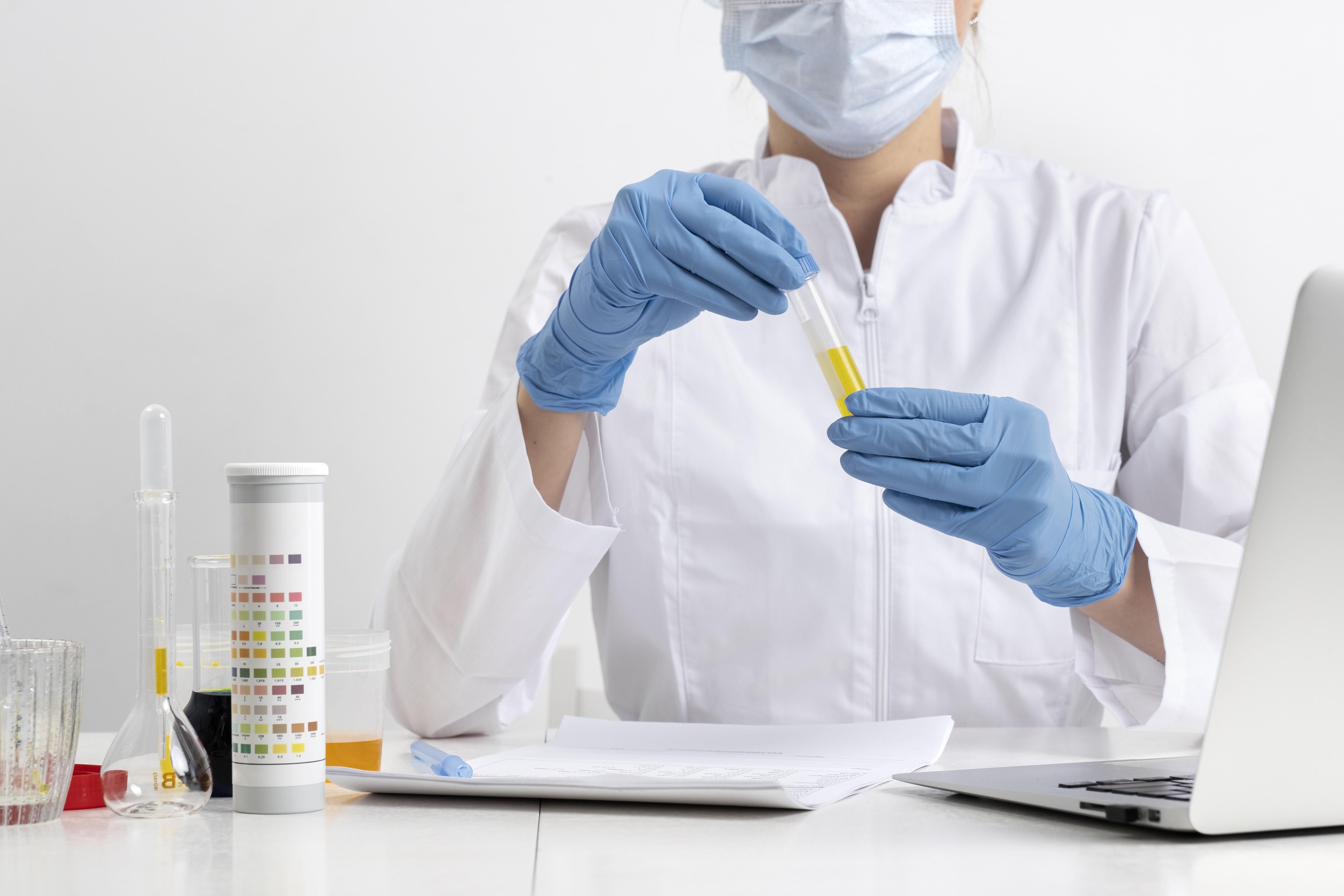With non-invasive prenatal DNA tests, parents-to-be can find out the actual father before the baby is born by drawing blood from the mother. If you are expecting and want to use DNA Testing services, this method is a good choice because it doesn't involve any invasive procedures and is safe for both mother and baby. Recent reviews from the medical and business worlds agree that non-invasive prenatal paternity testing does not pose any physical risks to the baby. This is because it uses cell-free fetal DNA found in the mother's blood instead of taking tissue from the womb.
How Does the Test Work?
Non-invasive prenatal paternity tests look for cell-free fetal DNA, which are very small pieces of the fetus's DNA that are moving through the mother's bloodstream. Laboratories take fetal DNA from a normal blood sample of the mother and match genetic markers to DNA from the possible father. To find out if someone is the father, modern methods use a lot of genetic markers, advanced sequencing, and statistical models. With good algorithms and deep sequencing, it is possible to find out the real father very early in the pregnancy, even when the fetus's DNA fraction is low.
Accuracy of Results
A lot of commercial labs, such as Face DNA Test, claim they are very accurate. The information is usually 99.9% correct, confirming paternity when the claimed father is the biological parent. These high percentages come from controlled lab experiments, big marker panels, and probability calculations that strongly favor one result over another in simple cases. However, it is important to know that "99.9%" only means that there is a "high probability" that the man who was tested is the father based on the genetic data and model that was used. In real life, it does not mean that he is definitely the father.
On the other hand, expert reviews and peer-reviewed studies tell us that results can be different depending on the method used, the quality of the sample, and the circumstances of the pregnancy. Some scientific research has shown that there is more variation and that small or early-gestation sample sets can give fake positives or false negatives. Because of this, labs and doctors are careful when interpreting very early results and often suggest confirmation testing if needed.
Factors that Affect Test Reliability
There are a lot of biological and technical factors that affect the reliability and accuracy of the report. A key factor is the amount of fetal DNA in the mother's blood, which is known as the "fetal fraction." If it is too low, the lab might not be able to make a sure decision. Body mass index of the mother, gestational age, having more than one baby (twins or more), and a twin that doesn't show up can all change the fetal fraction and make it harder to understand. Expectant parents often search for “NIPT testing near me” to find reliable providers. Trusted options are available, such as https://facednatest.com/services/non-invasive-prenatal-dna-testing/, which explains how non-invasive prenatal DNA testing works. However, before you choose a lab, make sure they know how they handle low fetal fraction, repeats, and results that are not clear.
Reliable DNA testing services will offer the option to redo or redraw the test, or they may suggest waiting a few more weeks of pregnancy before retesting to give the fetal fraction more time to rise. This is because tests sometimes give an unclear result instead of a wrong one. This methodical approach lowers the chance of getting false results, which is one reason to choose approved labs with clear quality controls.
Legal, Emotional, and Next-Step Considerations
Sometimes, a court will not accept a prenatal test record if you need it for legal reasons like immigration, child custody, or court orders. For testing to be accepted by the court, it must follow strict chain-of-custody rules, including having a professional take the sample and a recognized lab do the analysis. Many tests that can be done at home or without a chain of custody are only meant to give personal information. If you look for "NIPP Testing near me" because you need a legal result, be sure to ask the provider about legal NIPP choices and collection through a chain of custody.
If you need the best DNA Testing services, Face DNA Test would be the best choice for you. Their staff is highly cooperative and delivers the most accurate and clear results.
Conclusion
A big step forward in technology is non-invasive prenatal paternity tests, which lets many parents get accurate answers easily and early in the pregnancy. When looking at DNA Testing services, pick a lab that explains its procedures, success rates, how it deals with low baby fraction, and if it provides legal, chain-of-custody testing when necessary. Advanced lab methods usually back up claims of very high accuracy, but scientific studies also show that accuracy can vary in some situations.



